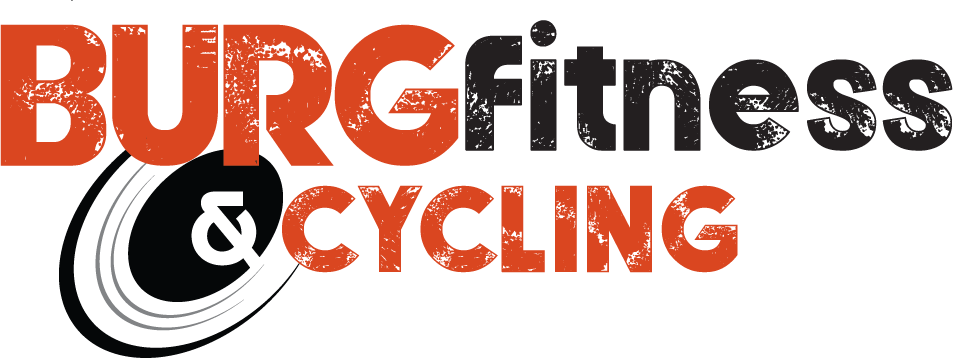They look small and innocent enough, but eggs are a fairly controversial dietary item. Many people swear by their health benefits, while an equal number of people strictly monitor their intake.
On the plus side, eggs are a high quality, affordable source of protein. They’re versatile, easily portable and nutrient-dense. But they are also high in cholesterol, something which raises the red flag for many individuals. On closer look, eggs are low in saturated fat, resulting in their inclusion in the government’s Dietary Guidelines for Americans for 2015-2020.
Aside from consumers, the impact of egg consumption has long been a focus of researchers and nutritionists. Most efforts seek to identify any negative correlation between egg intake and human disease, but a study published in the BMJ journal suggests the opposite — eggs may offer a positive impact. In a study at Peking University Health Science Center in Beijing, a moderate level of egg consumption was linked to some positive results.
Study Finds Eating an Egg Daily Can Drop Your Risk of Cardiovascular Disease and More
In the study, researchers tracked over 0.5 million Chinese adults, aged 30–79 years, all recruited from 10 diverse locations. Participants were asked about the frequency of their egg consumption. At baseline, 13.1% of participants reported daily egg consumption and 9.1% reported never or very rare consumption. On an ongoing basis, participants reported their egg consumption via a non-validated qualitative food frequency questionnaire.
The study concluded that those who consumed up to one egg per day were associated with an 18% reduced risk of cardiovascular disease, 26% reduced risk of stroke and 25% reduced risk of hemorrhagic stroke. These findings suggest that components from eggs could have a favorable effect on overall cardiovascular health.
While egg consumption remains a personal choice, this research is one of the first to show that eggs may play a positive role in reducing the rate of cardiac events.
